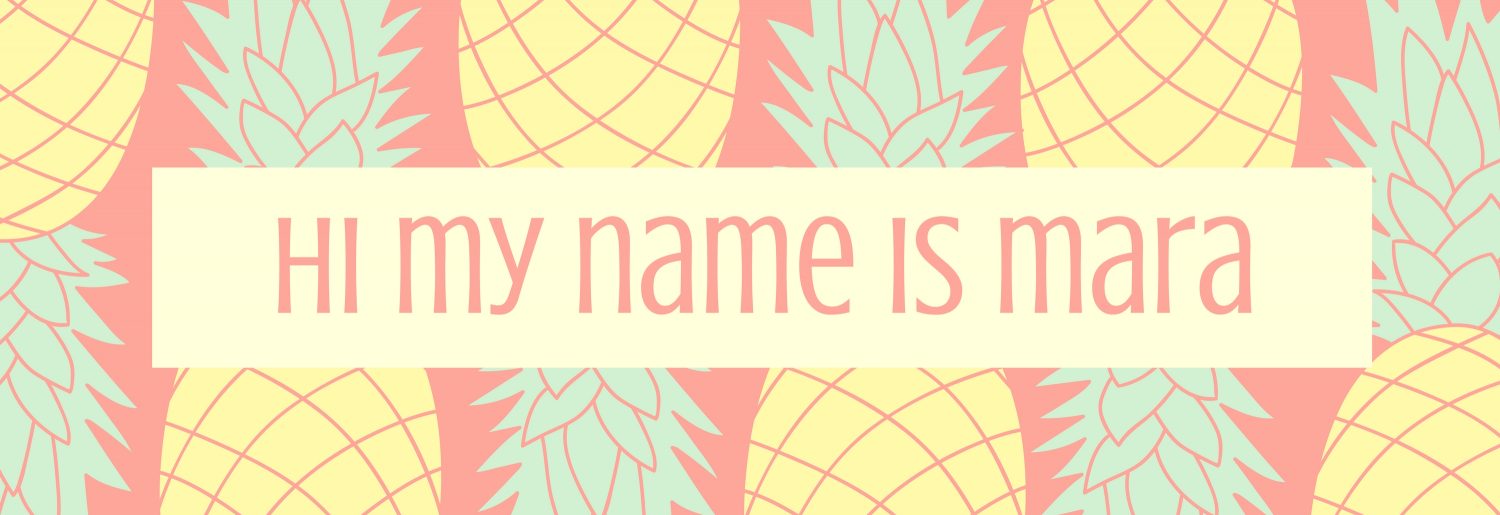
The term ‘convergence’ is a little tricky to define. As explained by Jenkins (2006), people who use the word ‘convergence’ often use it to describe different things depending on who uses it and what the speaker thinks they are talking about. I think that this is part of the reason why’convergence’ is so difficult to define.
What does ‘convergence’ mean?
To make things simpler I’m going to explain the three different things the term ‘convergence’ acts as a blanket-term for.
1. Convergence as media industries
The transformation of legacy media through cooperation between multiple media industries that allows new forms of content to flow easily across the supply chain in ways that increase revenue, broadens the existing markets and encourages audience commitment.
2. Convergence as media content
According to Jenkins (2006) convergence describes the “…flow of media content across multiple media platforms…”
So convergence in media content is (according to mwah), the flow of media content across multiple media platforms through the behaviour of an active audience.
3. Convergence as media audiences
The transition of an audience from a passive roll to an active roll in the production and distribution of media. This is the behaviour of an audience that not only wants to have access to the entertainment they want, but can (via the internet) search and go elsewhere for what they want when they want it.
Altogether now...
Convergence is the flow if content across media platforms caused by the behaviours of media audiences, the cooperation of media industries to form media empires and the transition of an audiences to an active participant in the production and distribution of media. Done.
Give me an example!
This is the Harry Potter Puppet Pals.

Giphy – Neil Cicierega
If you don’t know what I’m talking about check out the Harry Potter wiki page.
In this case the media audience (harry potter fans) produced a short youtube series using home-made puppets directed by Neil Cicierega. Originally, a flash animation on Newgrounds (2003), the idea was brought back in the form of a series of live action puppet shows released onto YouTube. The most successful episode, ‘The Mysterious Ticking Noise‘, currently has over 166,816,572 views (as of 2 April 2016).
Advantages: Fans of the Harry potter franchise (and other fandoms) can and have created their own sources of entertainment. We are no longer limited to what is produced for us by media industries. The days of a passive audience, dictated to what we could or couldn’t view are over.
Disadvantages: Copy-right issues and where do the boundaries lie? It wasn’t until recently that Australian copyright legislation was reviewed and changed to prevent parodies like Potter Puppet Pals from infringing the copyright laws. New forms of content and media platforms are being created faster than the legislation can catch up.
References
Jenkins, H 2006, Welcome to Convergence Culture, Confessions of an Aca-fan, The Official Weblog of Henry Jenkins, 19 June, viewed 1 April 2016, <http://henryjenkins.org/2006/06/welcome_to_convergence_culture.html>
Netlingo 2016, Legacy Media, Netlingo, viewed 1 April 2016, <http://www.netlingo.com/word/legacy-media.php>
Australian Government 2012, Media Convergence and the Transformed Media Environment, Australian Government, viewed 1 April 2016, <http://www.alrc.gov.au/publications/3-media-convergence-and-transformed-media-environment/media-convergence-and-transform-0>
Wikia, Potter Puppet Pals, Wikia, viewed 1 Aprl 2016, <http://harrypotter.wikia.com/wiki/Potter_Puppet_Pals>
Wikia, Neil Cicierega, Wikia, viewed 1 April 2016, <http://harrypotter.wikia.com/wiki/Neil_Cicierega>
Legal Topic Area 2015, The Parody and Satire defence – what do we make of it so far?, Arts Law Centre of Australia, viewed 1 April 2016, <http://www.artslaw.com.au/articles/entry/the-parody-and-satire-defence-what-do-we-make-of-it-so-far/>
Cicierega, N 22007, Potter Puppet Pals: The Mysterious Ticking Noise, online video, 23 March, youtube, viewed 2 April 2016, <https://www.youtube.com/watch?v=Tx1XIm6q4r4>.

Hi Mara,
Your post was very intriguing to read, I particularly liked the way you explained the three different types of media convergence with adding your own twist to them. I also loved your example of the Potter Puppet Pals!!! I never would’ve thought to relate that you tuber to media convergence, very clever 🙂 I do believe that further elaboration on this example could have given your argument more support. I look forward to more of your posts 🙂 xxx
LikeLike
Cheers! Yep I will admit I was running out of words. Glad you enjoyed it. 🙂
LikeLike
Potter Puppet Pals is a great example of the audience creating their own content. Similar to A Very Potter Musical. They’ve never been able to charge admission for their shows, I imagine this is mainly because they work so much with the characters and story lines that are copyrighted by other companies. Even though they put so much work into there shows, they can’t get monetary recognition for it.
J. K. Rowling and her Potter universe is a great example of audience interaction and, in fact, a pretty good example of media convergence. Rowling interacts with her fans on Pottermore to release content that her audience wants and she also communicates with them on twitter giving many people access to her opinions.
My thanks for such a great post.
LikeLike
Cheers, I never really considered the fact that fan works are not able to gain any financial benefit over their hard work (although I probably should have). But is this true for youtube videos? I mean wouldn’t successful works such as Potter Puppet Pals receive money through subscribers/views?
Big thanks for commenting.
LikeLike
They only receive money on YouTube from ads and if the material doesn’t have a copyright infringement. It works on a video by video basis, so if they had other material that didn’t have a copyright infringement that would certainly earn money. At least, that’s how I understand it works.
LikeLike
Ok that makes a lot more sense. Thanks. 🙂
LikeLike
[…] This is all to do with Henry Jenkins there convergence. If you need a definition for convergence visit my previous blog post here. […]
LikeLike